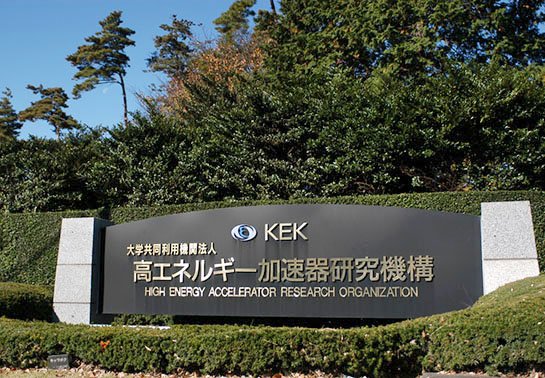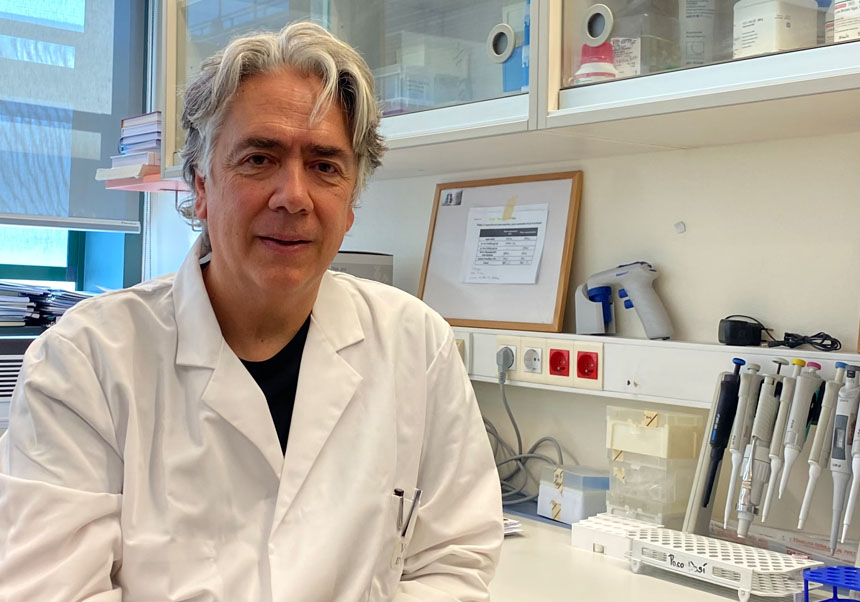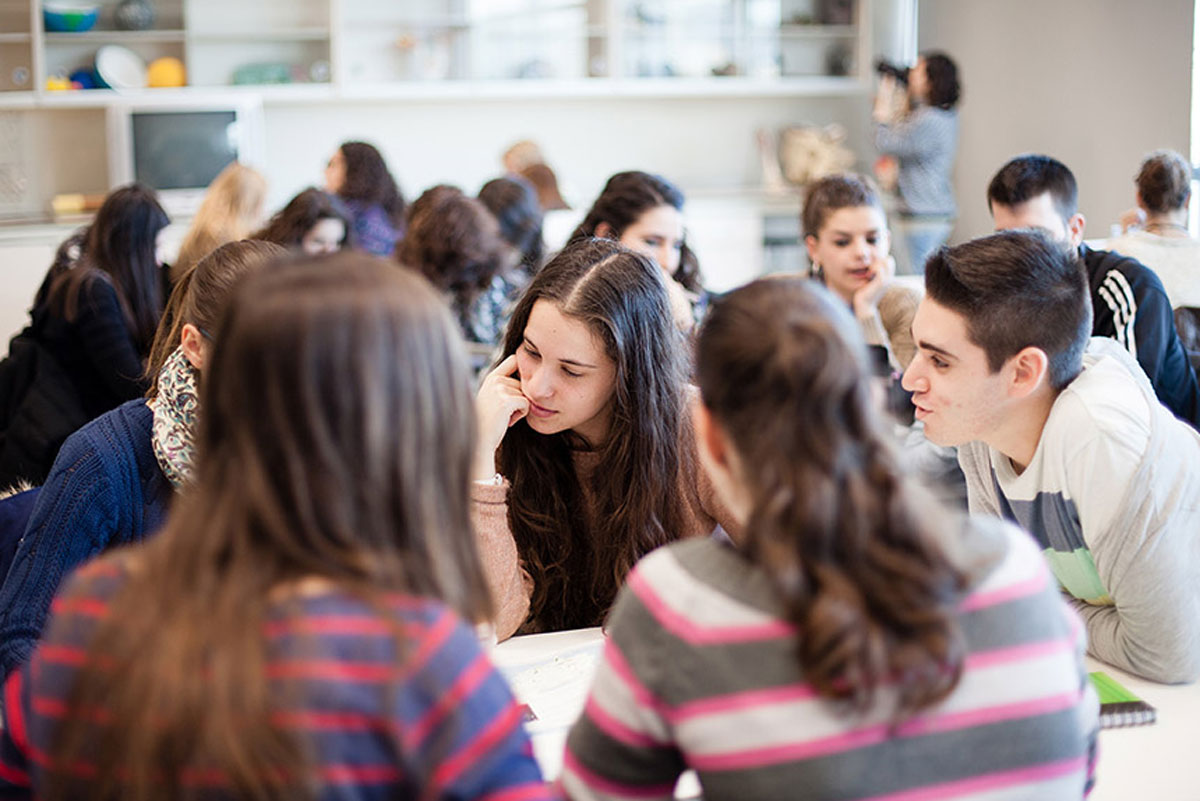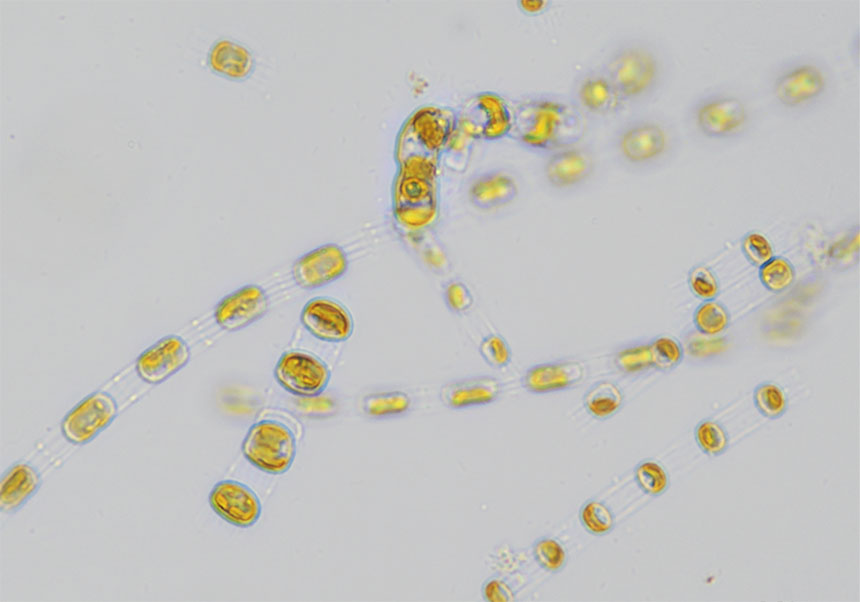The IFIC signs agreement with KEK, Japan main particles laboratory
- Fundació Parc Científic
- October 19th, 2018

The Institute for Corpuscular Physics (FIC), a mixed Severo Ochoa Excellence Centre with the University of Valencia and CSIC, has signed a collaboration agreement with the main particles physics laboratory in Japan, KEK. The agreement has been signed by KEK director of the department of Particle and Nuclear Physics, Katsuo Tokushuku, and rector of the University María Vicenta Mestre. This is the first of this type of agreement that a Valencian research group has with an Asian institution.
IFIC keeps close ties with other centres of international importance in particle physics, such as CERN (Switzerland), DESY (Germany) or Fermilab (United States).
The High Energy Accelerator Research Organization (KEK) is one of the main laboratories in the world that use particle accelerators to research the constituents of matter. It was founded on 1977 and it grouped together several organisations such as the Nuclear Physics Institute and the National Laboratory of High Energy Physics. In addition to their headquarters in Tsukuba campus, the headquarters in Tokai are home to high intensity protons accelerators and the Japanese Agency of Atomic Energy. There are more than 600 scientists and engineering working in both places and more than 100.000 researchers from all over the world visit the installations every year.
The agreement considers the promotion of scientific and academic collaboration in the fields of high energy physics, both from the experimental and theoretical point of view. It also considers the joined development of accelerators technology and particles detectors. These goals will be materialised in exchanges amongst the scientific and technical personnel within the programme of IFIC. The agreement has an extension of 4 extendable years.
IFIC works together with KEK in some of its main projects, such as the particle accelerator SuperKEKB where IFIC contributed in the international collaboration that designed, fabricated and runs the experiment Belle II. IFIC participates in T2K, an experiment that sends bundles of neutrinos from the KEK accelerator in Tokai to the detector Super-Kamiokande in order to study the properties of neutrinos. IFIC also collaborates with nuclear physics of KEK in the installations of RIKEN, where it has developed several experiments with detectors designed and built in Valencia. In addition, IFIC cooperates in the project International Linear Collider (ILC), a big lineal particle accelerator that Japan aims to build within the next decade.
“IFIC feels satisfied and proud of this agreement with such a prestigious laboratory like KEK. Facilitating the scientific exchange between our institutions will strengthen the already existing ties and it will favour new ones without a doubt”, highlights IFIC director, Juan José Hernández Rey. In the words of vice-director of Innovation of the IFIC, Juan Fuster Verdú, “the institute maintains excellent scientific collaborations with centres and laboratories both from Europe and the United States. This new agreement represents an extension of these collaboration with the biggest physics laboratory in Japan, in their present activities as well in the future ones, particularly in the International Lineal Collider”.
The Institute for Corpuscular Physics is a centre dedicated to the research in Nuclear, Particle and Astroparticles Physics and its applications in Medical Physics as well as in other fields of Science and Technology. With a trajectory that goes back to the 50s, IFIC is pioneer in Spain in research of constitutes of matter. It takes part in international experiments such as the Big Hadrons Collisioner (LHC), from CERN, KM3NeT o FAIR, which are considered priority scientific infrastructures in Europe. In 2015, IFIC obtained the accreditation as a Severo Ochoa Excellence Centre for the notoriety of its scientific contributions both in a national and international level, its impact in society and industry and its capacity to attract talent.
More information:
File in: Física
















